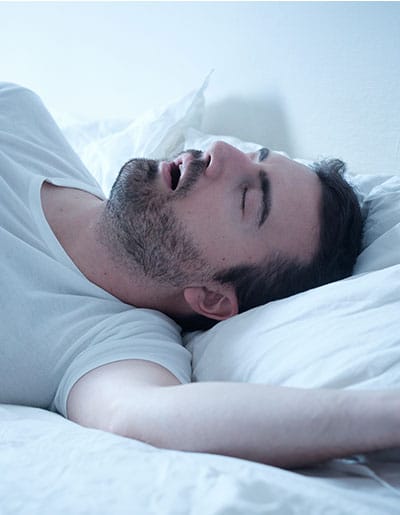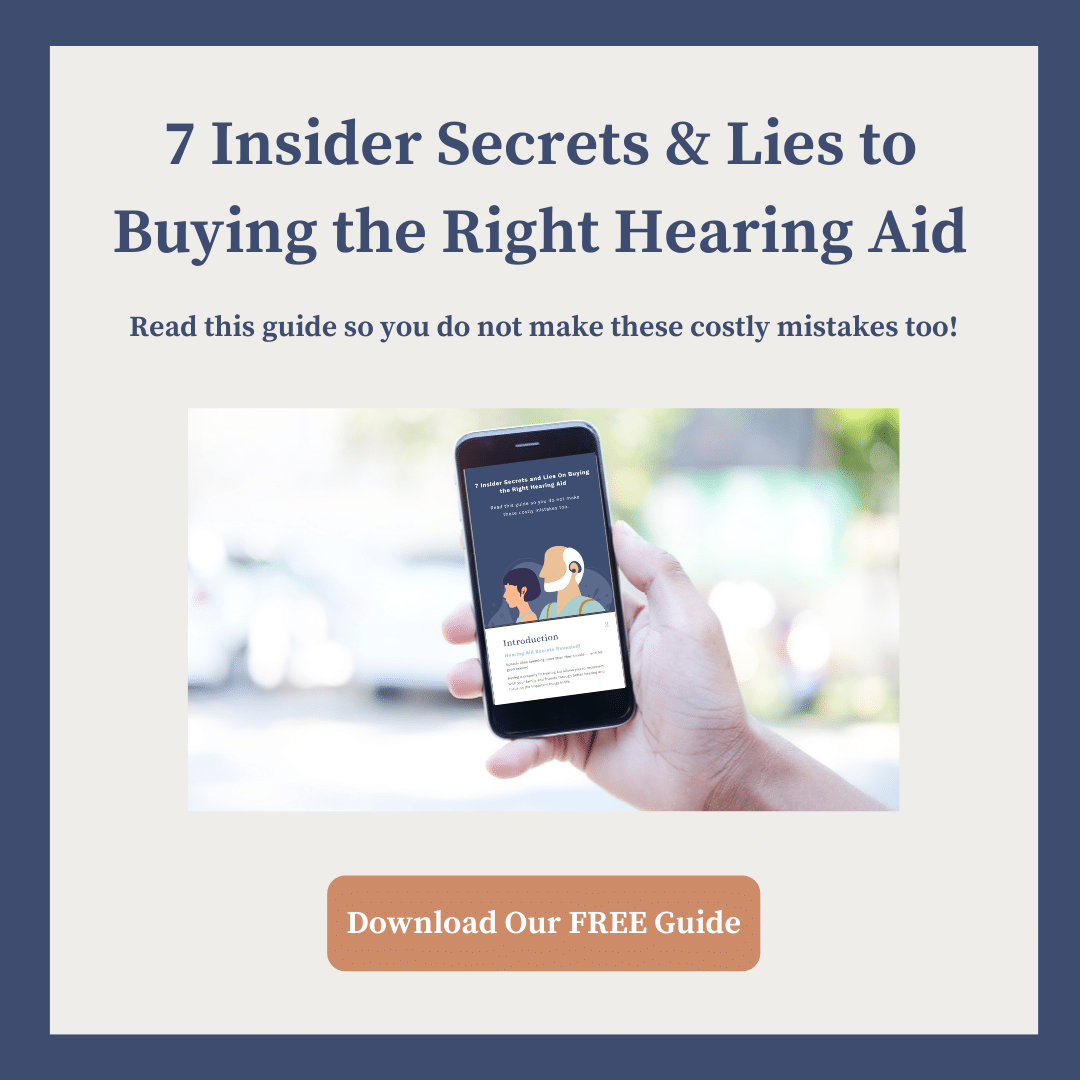
Although it may seem like sleep apnea and hearing have nothing to do with one another, getting a good night’s sleep can actually improve your hearing health if you’re suffering from sleep apnea and not resting fully during the night. We’ll talk about how to identify whether you may have sleep apnea and how to prevent it from affecting your hearing ability now and in the future and leading to hearing impairment.
Signs of Sleep Apnea
Sleep apnea is a disorder that causes people to slow their breathing to a very slow rate or even stop breathing for periods of time during sleep. Eventually, your body forces you to breathe, resulting in a coughing, loud snoring, or choking sound that can subliminally wake you up a little bit, causing poor sleep quality for you or your partner in bed.
Because of this, many times, sleep apnea is first discovered by another person in the same bed as someone with sleep apnea. Their symptoms could wake them up or make it difficult for them to fall asleep, as is often the case with loud snorers. So, if your partner has been complaining about symptoms like these, it may be worth it to take steps to mitigate sleep apnea. You may also have sleep apnea if you frequently have daytime sleepiness during the day or feel a lack of alertness that could be caused by not sleeping well or long enough.
Some of the different types of sleep apnea include obstructive sleep apnea, complex sleep apnea, and central sleep apnea. The condition can also range from mild to severe sleep apnea.
Risks of Sleep Apnea
A lower quality of sleep is linked to several other negative health risks, including cardiovascular issues, increased inflammation, and hearing loss. Damage to the ears caused by sleep apnea is due to the body’s other responses to sleep apnea, where circulatory and other issues can cause harm to the inner ear.
Sleep Apnea and Hearing Loss
Profound hearing loss caused by sleep apnea results in difficulty hearing specific frequencies, most commonly in the low-frequency range. However, hearing loss of all kinds was found in a joint sleep study and hearing evaluation experiment. This is why, if you think you may be experiencing sleep apnea, it’s important to get an examination and start a treatment plan that includes lifestyle changes to help you sleep better and avoid the risks of hearing loss caused by sleep apnea. One of the most common treatments for sleep apnea is a continuous positive airway pressure (CPAP) machine.
Lifestyle Changes to Mitigate Sleep Apnea
Two main ways you can help alleviate your symptoms and eliminate your risk factors of sleep apnea are to quit smoking and/or to lose weight. Quite literally, the weight of tissue on your windpipe as you sleep can make it harder for your relaxed muscles to bring air to your lungs. Losing a few pounds can help reduce the amount of tissue in your neck that may be pressuring your windpipe.
Smoking is also a risk factor for not only sleep apnea but also a host of medical conditions. Frequent smoking leads to increased inflammation and poor lung health, all of which can make sleep apnea worse.
Comprehensive Hearing Loss Testing And Solutions
At Hearing Doctors of New Jersey, our proprietary HEAR MethodTM Treatment Program helps you no longer struggle to hear. By utilizing a testing protocol that examines your brain-hearing ability, we are able to customize a treatment program to treat your hearing loss symptoms and your brain-hearing needs with hearing aids and other advanced technologies. The HEAR MethodTM Treatment Program uses state-of-the-art hearing technology to customize a treatment solution so you will never say “what” again – GUARANTEED. Call or contact us online to schedule your appointment today.



